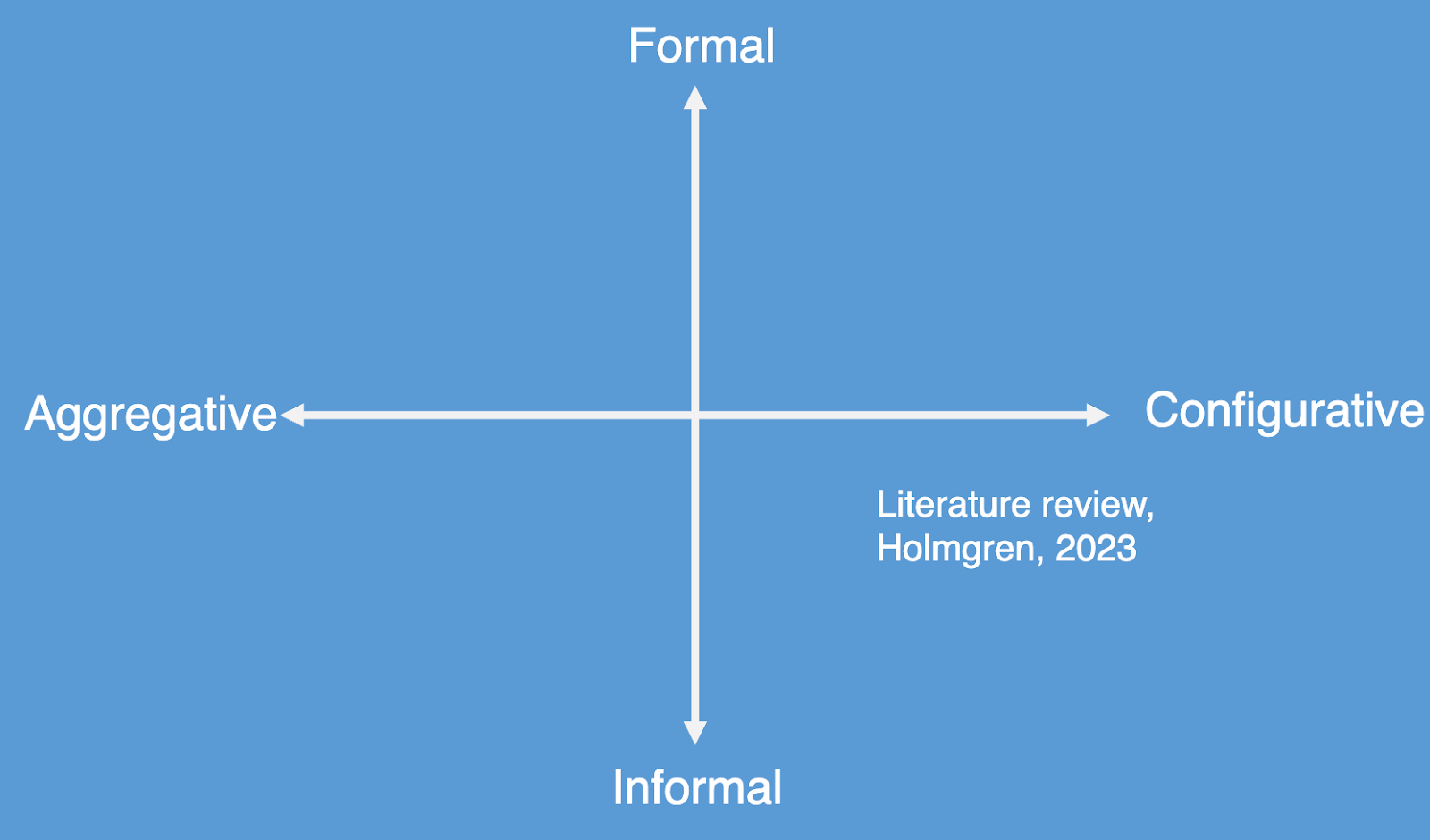Moving on from meaning

Previous statements (here from ChatGPT) such as the one below expressed a direction toward examination of meaning-making through the lens of philosophical pragmatism: This thesis project examines the construction of meaning and the formation of knowledge perspectives in discursive material. To explore these concepts within the analyzed texts, pragmatism is employed as the theoretical framework, and Critical Discourse Analysis (CDA) is used as the method. The meaning-making process includes the imposition and presentation of attitudes, as well as intentionality, which refers to commitment to deliberate actions and their potential practical consequences, all of which can be identified in the discursive content. Similarly, the conceptualization of knowledge views, conditions, and the role of higher education in society is approached through the lens of pragmatism. Now, the time is right for my dissertation project to approach a distilled focus on potential practical and educational c...
